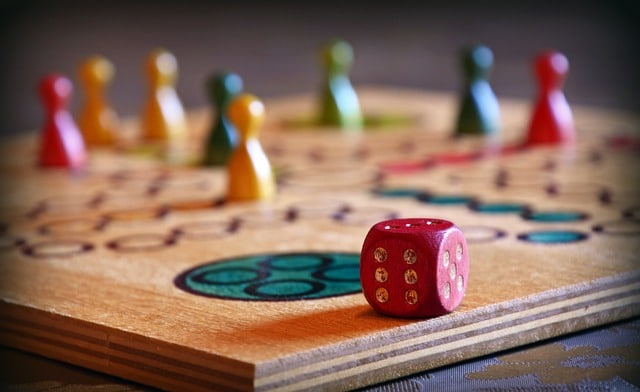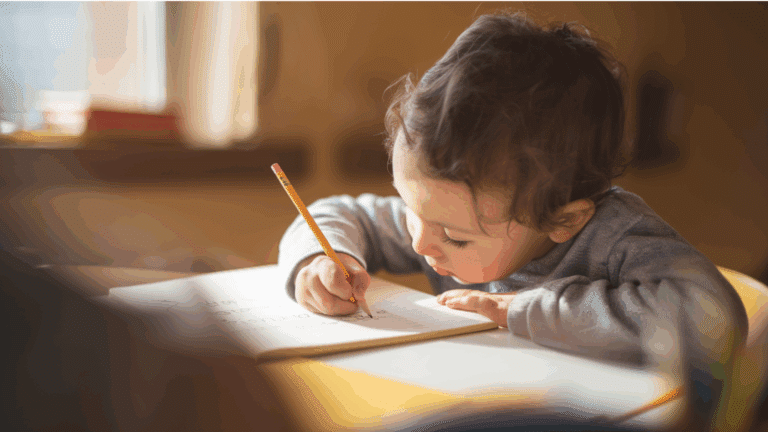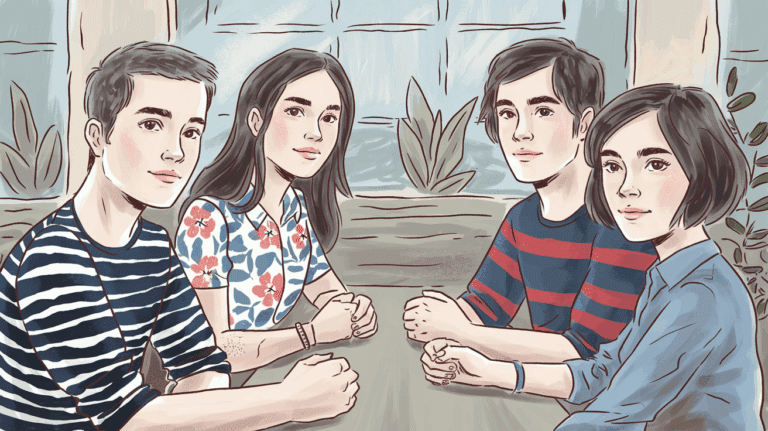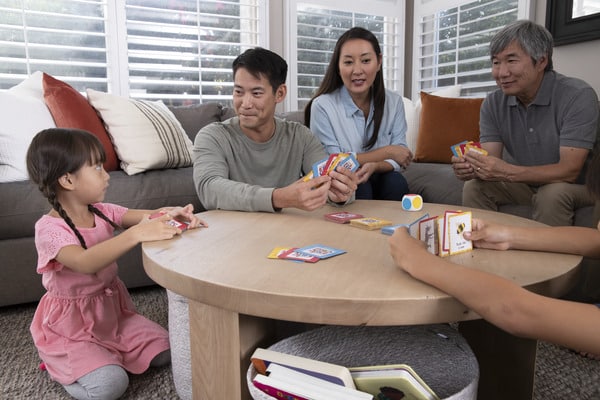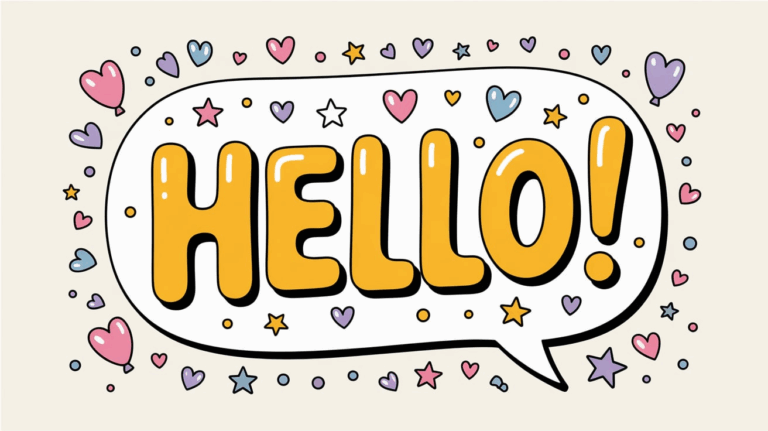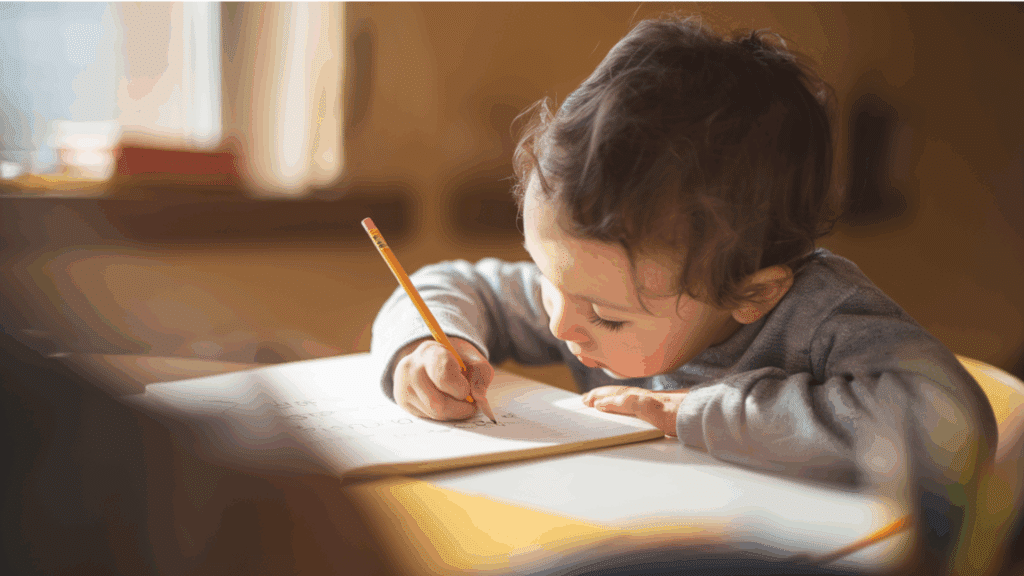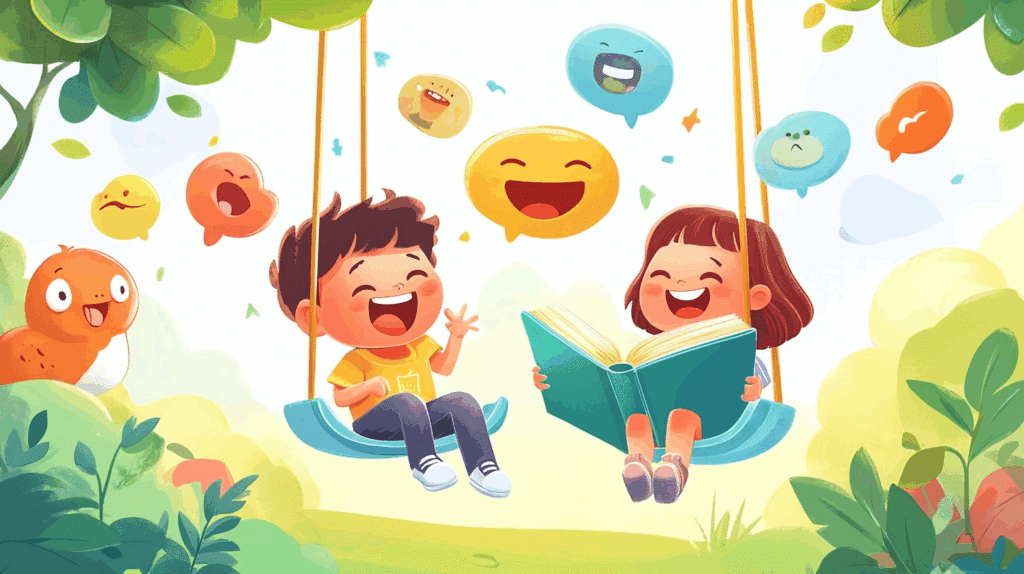In an age where so much of entertainment and education comes through screens and fast-paced apps, it is all too easy to overlook the power of board games. It’s worth recognizing that beneath their cardboard surfaces and old-fashioned dice lies something much more enriching – a way to teach children (and often adults) valuable skills through communal play.
From the way they teach the patience necessary to wait your turn, to the strategic thinking required to plan ahead, board games are a classroom that teaches more than you’d ever imagine. And the best part is that kids often don’t realize they’re learning anything at all.
Strategy and Forward Thinking
Games such as chess or backgammon require players to think several steps ahead. These games offer a crash course in planning, adaptability and weighing risk vs. reward. For example, backgammon players learn whether to block an opponent or bear off their own checkers; in doing so, they learn (without it being the point of the game) to think about probability and trusting intuition. These are skills that will be useful long after the pieces have been packed away.
Emotional Intelligence
Playing board games is an early opportunity to learn how to win graciously and lose gracefully. That’s no small thing. Board games offer a low-stakes environment for practicing emotional regulation, empathy and perseverance.
Nobody, least of all someone younger in years, wants to see their rigorously-built Monopoly real estate portfolio fall to pieces after a few bad rolls, but it is an object lesson in how progress isn’t a one-way street, and bouncing back is more important than staying on top.
Communication and Teamwork
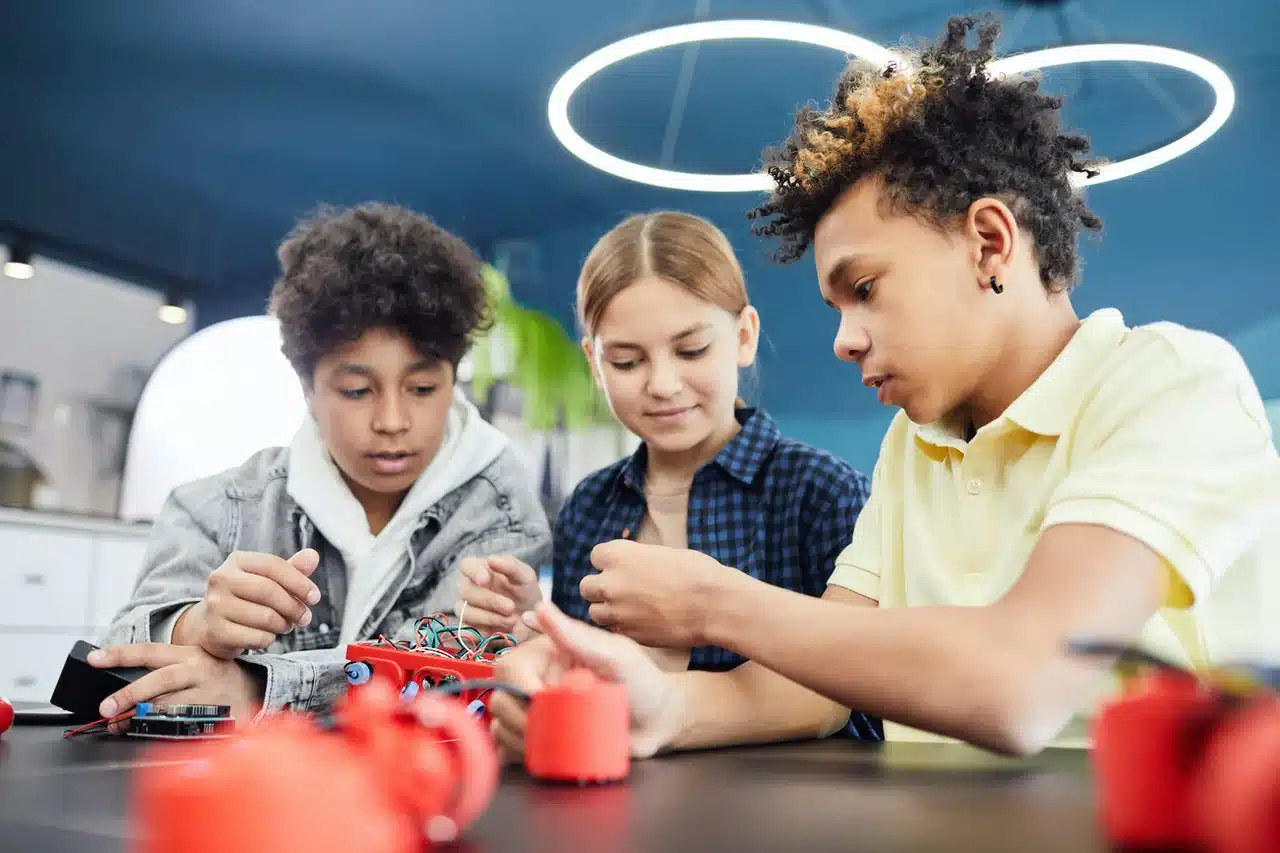
Games where players must co-operate, such as Pictionary, are excellent for encouraging players to work together in pursuit of a shared goal. Bear in mind that there will be initial frustrations from time to time, but skills like non-verbal communication and active listening can be built through playing team games, and taking turns allows people – kids and adults alike – to put their efforts towards a success for the team.
This is also excellent for family bonding; siblings can be competitive at the best of times, and showing them that there’s joy to be had in having each other’s backs is no bad thing.
Numeracy and Literacy
Sometimes the problem with homework is that it feels like homework, and it can feel as though there is pressure to get things right. Taking math and language skills into the setting of a game where there is no need to be right all the time can give an incentive; they’re not getting marked and graded on their ability to get the right answer, but there is a reward for getting there.
Games such as Scrabble or Yahtzee, or the popular UK TV show adaptation Countdown, can be excellent ways to develop these skills without the classroom atmosphere.
Board games can be good, communal fun, giving the whole family the chance to sit together and enjoy some light competition. Better yet, they can develop important life skills that will come in useful in education, employment and everyday life.

